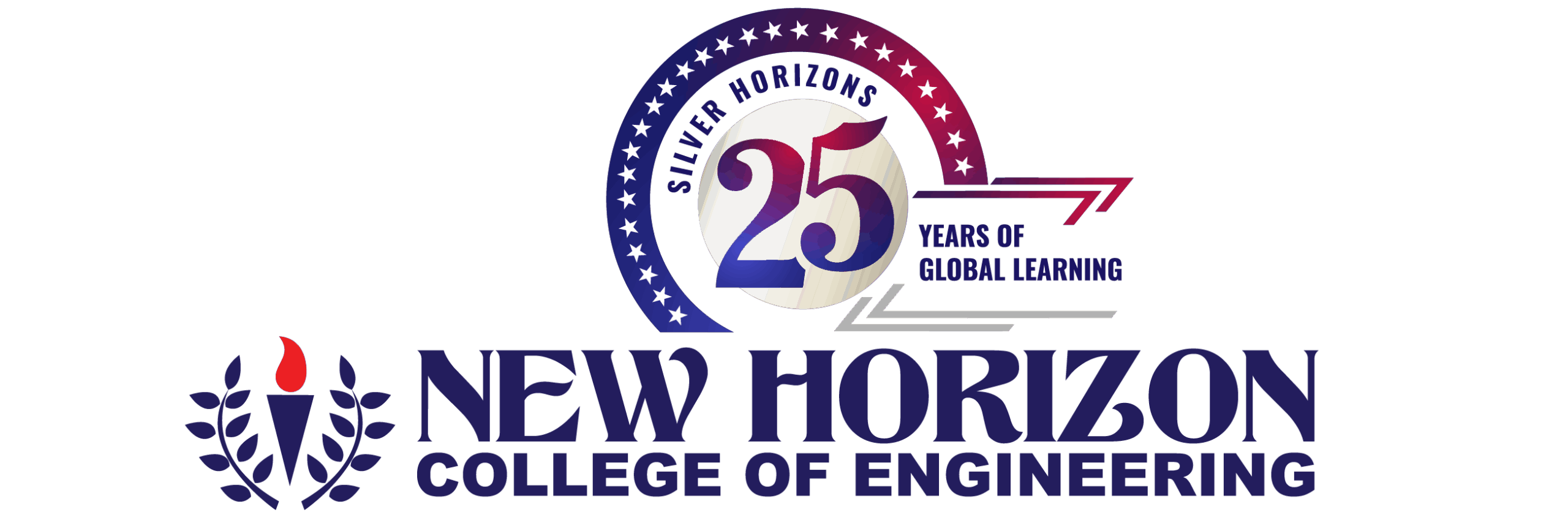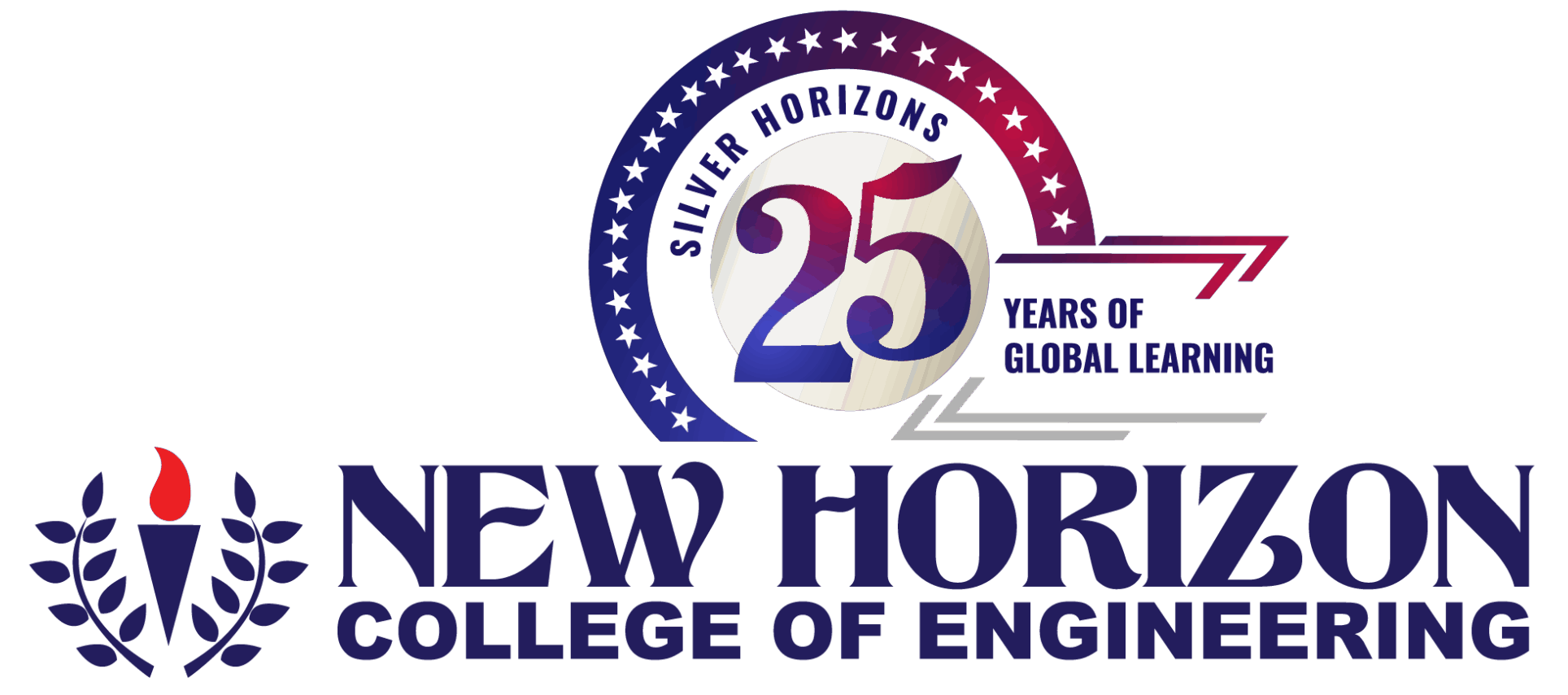A TALK ON CAREER AFTER MBA AND CAMPUS TO CORPORATE


The Alumni Association & the Department of Management Studies together organized an Alumni Talk on 21st February 2023 at 10.30 AM. The topic was on “Career options after MBA” by Mr. Radhakrishnan Chandrasekaran, Senior Program Manager, Google & Alumni of NHCE (Batch – 2006).
The following topics were covered in his talk
- Next Step after MBA
- MBA specialization in Product Management & Program Management
Students must choose between different elective components to decide their specialization area. Today, there is a diverse range of options for MBA specializations. However, the three classic streams – Marketing, Finance, and HR – remain the most popular.
The speaker emphasized two other domains, which are trending and in demand i.e. Program Management and Product management.
Program Management enables the organization to fund, prioritize, optimize resource capacity, and manage interdependencies and conflicts. Program managers are viewed as strategy execution leaders and have deep knowledge about current organizational capabilities.
Product Management is the business process of planning, developing, launching, and managing a product or service. It includes the entire lifecycle of a product, from ideation to development to delivery. Product Management is a super critical function in the organization because it helps the rest of the company understand the value of a product. It is about knowing what will sell and how to turn a developed product into revenue. And it does that by understanding the customer. Hence Product Managers are considered Product owners of the organization.
Finally, Mr. Radhakrishnan has given tips to students to achieve success in their career
- To take internship very seriously
- Build your network
- Climb up the ladder
The second Alumni webinar was on 21st February 2023 at 11.15 AM. The topic was “Campus to Corporate” delivered by Mr. Chandra Shekar R-Manager – Human Resources, Mercedes-Benz Research & Development, India & Alumni of NHC (Batch – 2004).
Mr. Chandra Shekar gave a complete structure of Maslow’s hierarchy of needs theory “A Theory of Human Motivation” – a theory of motivation which states that five categories of human needs dictate an individual’s behavior and how different kinds of people are rewarded and motivated. Maslow’s hierarchy of needs is often portrayed in the shape of a pyramid with the largest; most fundamental needs at the bottom and the need for self-actualization and transcendence at the top.
- Basic Needs
-These are biological requirements for human survival, e.g. air, food, drink, shelter, clothing, etc., and this will be the first thing that motivates human behavior.
- Safety and Security
-Safety and security needs include such things as an individual’s need for protection from physical & emotional harm. Such need might be fulfilled by
- Living in a safe area
- Medical Insurance
- Job Security and
- Financial reserves
- Social Needs
-Social needs involve a sense of belonging. The need for interpersonal relationships motivates behavior. Managing an employee’s social needs can usually be done by promoting group work across teams, departments, and other spaces. It can also be done by encouraging team building through social activities.
- Self Esteem Needs
-At the self-esteem level, respect for others and praise are important. It canalso include rewarding employees’ contributions and a peer-to-peer or social recognition program that celebrates employees’ achievements and confer prestige and respect.
- Self-actualization needs
-Individuals in leadership roles are often motivated by empowering their subordinates. The CEO / BOD derives motivation from coaching and teaching those under him how to be successful. In some cases, when his actions inspire those below him, he is motivated to continue striving. Achieving self-actualization can bring many benefits, including happiness, peace of mind, and satisfaction.
Mr. Chandra Shekar conducted “Follow All Instructions Activity “on Communication Skills. This is a quick fun activity with a little trick to see how many of the participants actively listen and follow the one single instruction given to them. This activity focused on specific key learning points regarding communication skills.
The session was outstanding and provided further ideas on how students can achieve success in their careers. Maslow’s theory of needs aims to make individuals accountable for their role as fellow human beings in society. It is useful for students to understand themselves and their environment.
Finally, Dean – Library and Alumni Relations shared her appreciation for the knowledge sharing and thanked the speakers for delivering an insightful presentation on the said topics.

